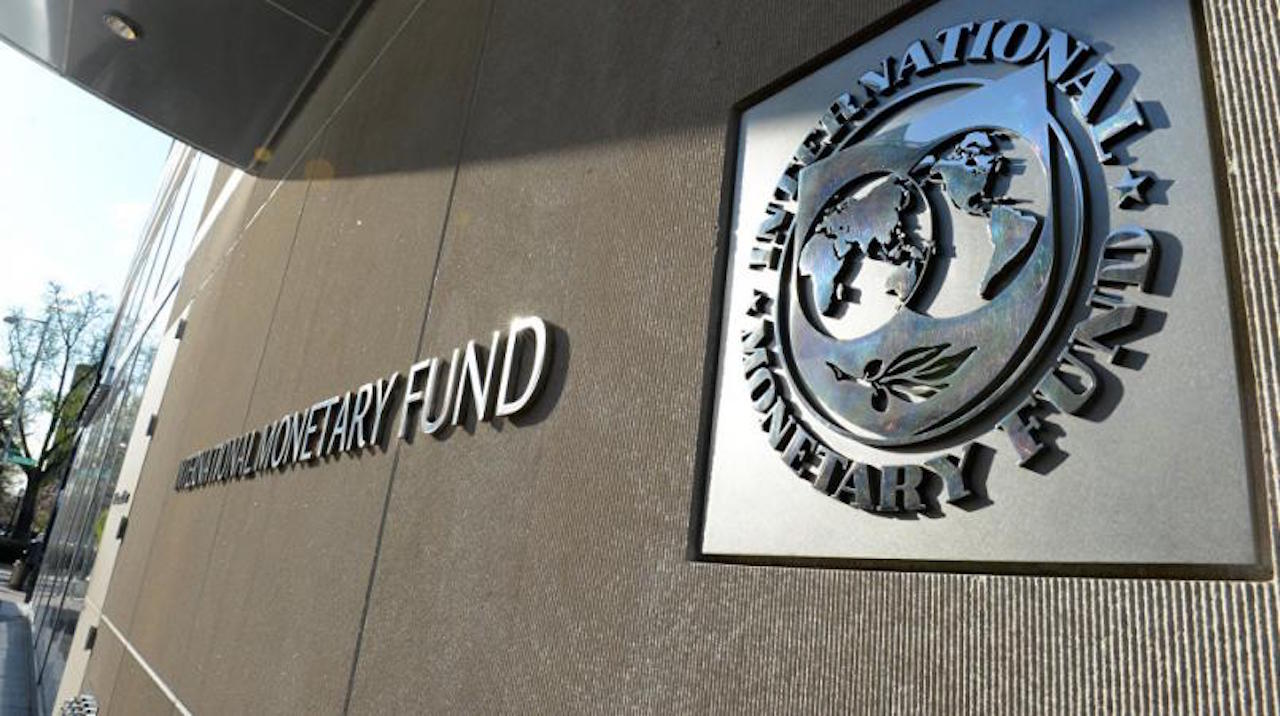There is often fear and trepidation when a country, or even a household, is spending more than it is generating. And while one might be successful in meeting current needs in the short-term, there comes a point at which the situation becomes unsustainable.
As the Barbados Government prepares to commence debate on the 2021-2022 Estimates of Revenue and Expenditure in the House of Assembly on Monday, the matter of this country’s sizeable budget deficit moves directly to the front burner.
Prior to the onslaught of the COVID-19 pandemic, Barbados was lauded by the International Monetary Fund (IMF), as it was well on track to a budget surplus, following months of difficult negotiations on debt restructuring with local and external creditors.
Arnold & Porter, a top-flight global legal firm, which advised the consortium of foreign creditors (Barbados Creditors’ Committee), negotiated the restructuring of more than US$640 million of the island’s external public debt. They closed the deal on December 2019.
The foreign creditors alliance included major institutional investors, regional institutions, a central bank and individual holders.
The IMF-supported arrangement, according to Arnold & Porter, had several investor protections including a most-favoured creditor clause, a principal reinstatement clause, a creditor engagement clause and the reimbursement of committee expenses. On the other hand, the Barbados Government, secured protection in the form of a natural disaster clause, allowing the country to pause payments, if it was affected by a major natural disaster.
The debt restructuring, along with the much-needed streamlining of several public purse-draining statutory boards, allowed Government to secure over $1 billion in low-cost loans, while at the same time, reducing the amount of money being paid to service the national debt.
Though opposition parties and some commentators expressed a degree of fear about the new debt load, Government’s actions were fortuitous, as the COVID-19 pandemic devastated many of the economic strides that were achieved. Some aspects of the economy even reverted to pre-2018.
The disclosure today that Government is facing a $782 million budget deficit is concerning, though not unexpected. In coordinated messaging, Government has been spreading out its economic team including Minister in the Ministry of Finance Ryan Straughn, Minister of Economic Affairs and Investment Marsha Caddle, economic advisor Dr Kevin Greenidge.
The sub-text has been that COVID-19 has severely undermined the economy but be assured, there is no need to panic.
In the words of IMF mission chief to Barbados Bert van Selm in his communication on Barbados last month: “The prolonged COVID-19 pandemic continues to have a major impact on Barbados. The economy is estimated to have contracted by about 18 percent in 2020, with a gradual recovery projected to start in 2021. Tourism arrivals remain at a fraction of normal levels . . . . In addition, a recent outbreak of COVID-19 in Barbados led to an ongoing lockdown that will reduce economic activity in the first quarter of this year.”
The van Selm-led team is expected to conduct another economic review under the Barbados Economic Recovery and Transformation (BERT) programme in May. One can safely expect that some of the decisions that will come in the expected Budgetary Proposals, or before, will be informed by the fact that another IMF review is imminent.
The administration has been forced to renege on its commitment to reduce expenditure, but one can excuse the Mottley team, given the unprecedented response that was required to the COVID-19 pandemic. Government has become basically the only player in the economic game, maintaining employment levels in the public sector, as the pandemic has led to many business closures.
The fact that the Mottley administration has been able to shepherd the island through these very turbulent waters is a credit to her leadership skills. And she is expected to vaunt those attributes as she seeks to persuade Barbadians over the next 24 months that she should be given another term in office.
In the meantime, however, she will have to explain to the country how she intends to fill the three-quarters of the billion dollars in revenue shortfall, when the administration is planning on spending $3.3 billion over the next financial year. This, when the tax intake is expected to be down by approximately $400 million.
The administration is playing with a constricted deck, and the options for raising revenue are limited. One can guess that user fees and licences may be tapped for increases. With unemployment levels high, and those lucky to have jobs, now spending more to support relatives who are on the breadline, an increase in income tax would hurt.
It is early days yet and we may be getting ahead of ourselves. However, the Estimates Debate next week will surely offer us a glimpse into the thinking of the administration and what is likely to be coming down the pike.




